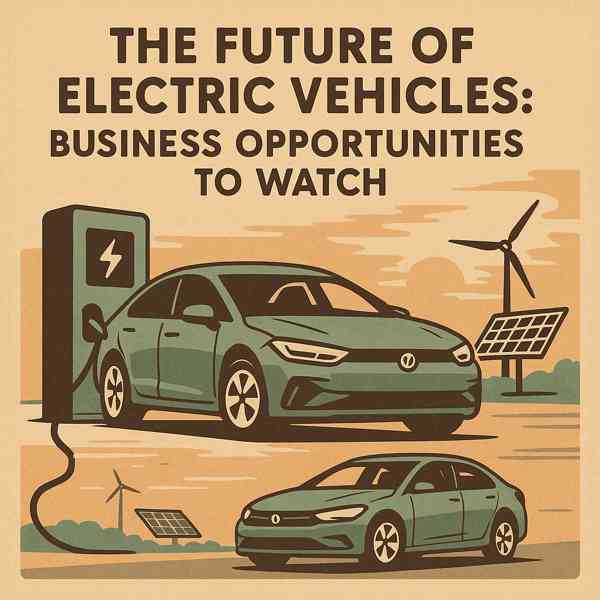
With zero emissions and cutting-edge technology, EVs are quickly becoming a future standard for personal and commercial travel.
From compact cars and SUVs to trucks and motorcycles, EVs are available in more models than ever.
What Are Electric Vehicles?
Electric vehicles are powered entirely by electric motors, rather than traditional internal combustion engines.
What powers EVs:
- Drives the wheels using electricity
- Stores the electrical energy
- Power electronics
- Connects to home or public chargers
Electric vehicles come in various types, such as hybrid electric vehicles (HEVs)—each with different levels of electrification.
Why Choose an EV?
Whether you're looking to save money or reduce emissions, EVs offer a compelling option.
Major benefits include:
- Reduced maintenance needs
- No tailpipe emissions
- Better overall driving comfort
- Financial perks for EV buyers
For eco-conscious and cost-aware drivers, electric vehicles are an increasingly responsible choice.
What to Know Before Buying an EV
Despite the growing popularity of EVs, they still face some issues that buyers should consider.
Common concerns include:
- May require more frequent charging
- Not all areas have adequate public chargers
- Higher initial cost
- Batteries degrade over time
As technology advances and infrastructure improves, many of these challenges are becoming less significant.
Different Kinds of EVs on the Market
Choosing the right type depends on your lifestyle, commute, and charging access.
EV formats explained:
- Fully electric with no gas engine
- Can switch between electric and fuel power
- Combines electric and gas power but cannot plug in
- Emit only water vapor
Each type has its pros and cons, so buyers should get more info evaluate their needs.
How to Charge Your EV
There are multiple charging levels and methods depending on your location.
Types of EV charging stations:
- Slow but accessible anywhere
- Level 2 Charging
- Rapid chargers at commercial locations
- Still in development or premium models
As public charging networks expand, EV owners will enjoy even more freedom, flexibility, and convenience.
What’s Next for EVs?
As governments push for cleaner energy and manufacturers invest in innovation, the future of EVs looks bright.
Where EVs are going:
- Higher energy density and faster charging
- Turning cars into energy assets
- Autonomous electric vehicles
- Expansion of affordable EV models
As innovation continues, EVs will become more mainstream and essential.
The Road Ahead for EVs
Electric vehicles represent a major shift in how we think about energy use.
From environmental benefits to cutting-edge tech, electric vehicles offer a powerful alternative to traditional cars.
Comments on “Exploring Electric Vehicles: Benefits, Challenges, and Innovations”